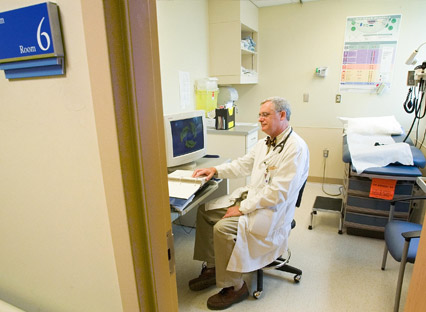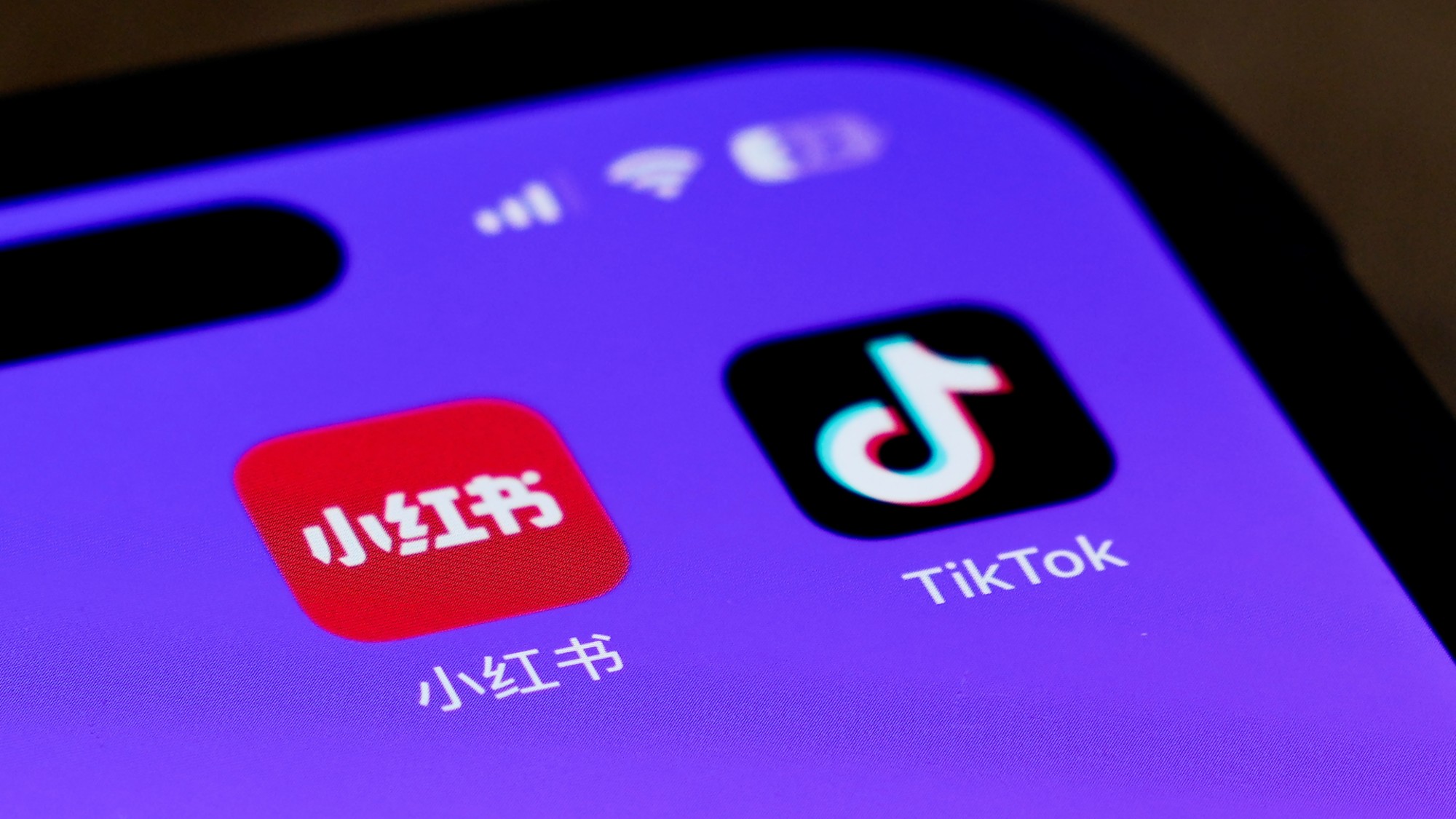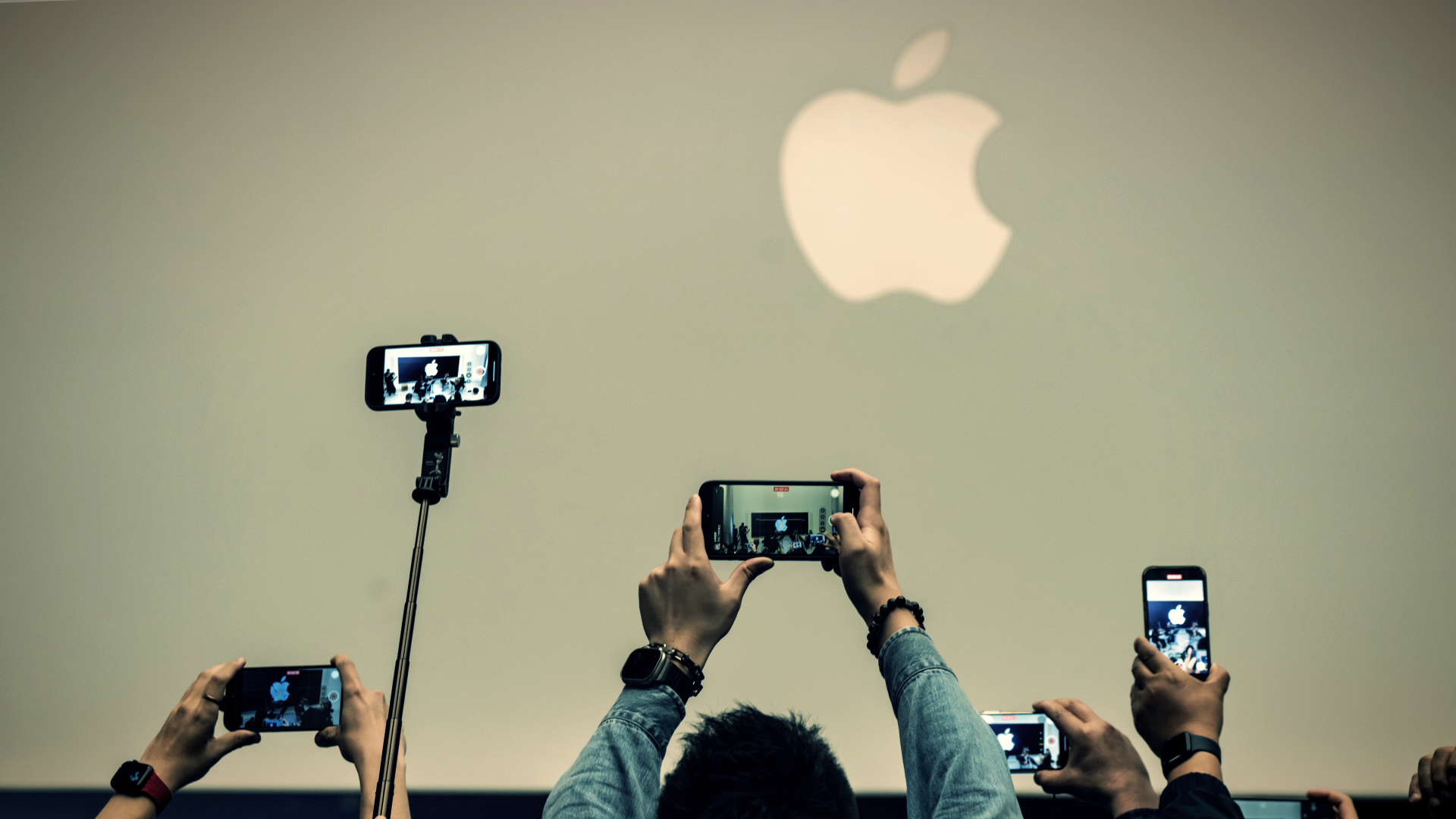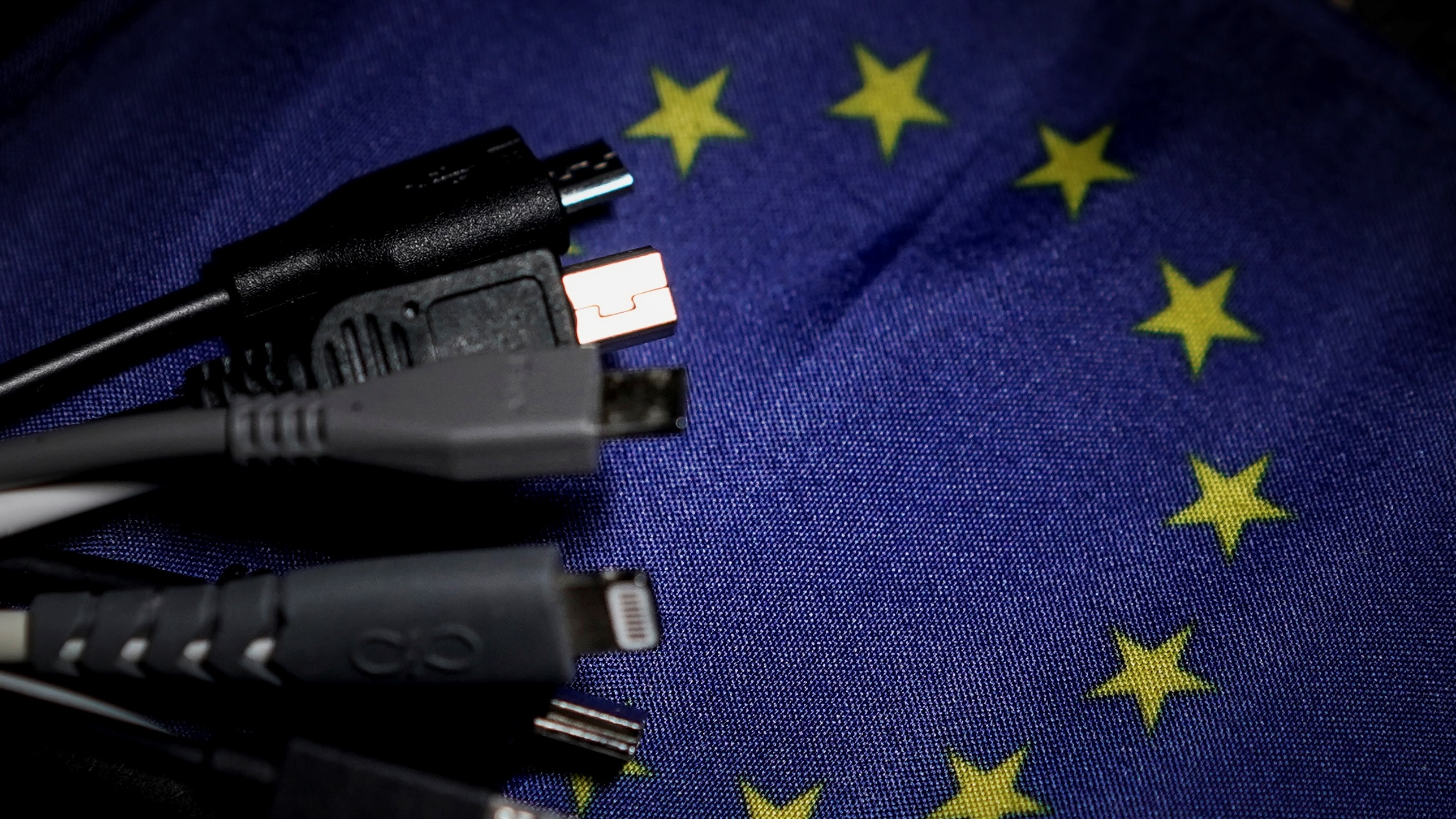Hunt: new plans for patients to access their GP records via smartphone
Health Secretary wants one in four smartphone users to be able to link up directly with the NHS by 2017

A free daily email with the biggest news stories of the day – and the best features from TheWeek.com
You are now subscribed
Your newsletter sign-up was successful
Health Secretary Jeremy Hunt wants people to be given full access to their medical records with their smartphones by the end of the next financial year.
His target is for one in four smartphone users to be able to access the NHS in some form by April 2017, says The Independent.
Hunt also said patients should be able to use activity monitoring devices such as the Fitbit, a bracelet which counts steps and connects with a smartphone, to send information about their health to their GPs.
The Week
Escape your echo chamber. Get the facts behind the news, plus analysis from multiple perspectives.

Sign up for The Week's Free Newsletters
From our morning news briefing to a weekly Good News Newsletter, get the best of The Week delivered directly to your inbox.
From our morning news briefing to a weekly Good News Newsletter, get the best of The Week delivered directly to your inbox.
The health secretary said all NHS patients would be able to view their entire medical records online – not necessarily with a smartphone – by 2018. GP records, including appointments and blood tests, will be available by next year.
Empowering patients in this way would encourage them to take responsibility for their health and lifestyles, said Hunt, and would break the old paradigm of a powerful doctor instructing a suffering patient.
He told the NHS England's annual conference in Manchester on Tuesday: "The evidence from all over the world is that when patients start to access their medical records, they start to think about their health care in a different way.
"When you have shared access to a medical record, it becomes a shared endeavour, a shared responsibility, and the world's most powerful patients become the world's healthiest patients."
A free daily email with the biggest news stories of the day – and the best features from TheWeek.com
But The Guardian says doctors' groups have concerns about the health secretary's plans, as well as worries about confidentiality and patient safety. The British Medical Association (BMA) fears vulnerable patients with abusive partners could be coerced into revealing their medical secrets.
Other doctors expressed concern that the notes they write in patients' files would now be revealed. For example, a doctor might have recorded that a smoker was at risk of cancer but had chosen not to tell the patient.
There are also worries that avaricious private companies might try to get hold of the data contained in medical records in order to sell drugs to patients, or otherwise exploit them.
As for the Fitbit plan, the Royal College of GPs warned that doctors are already overburdened with work and would not have time to analyse extra data sent to them by patients wearing the device.
-
 How the FCC’s ‘equal time’ rule works
How the FCC’s ‘equal time’ rule worksIn the Spotlight The law is at the heart of the Colbert-CBS conflict
-
 What is the endgame in the DHS shutdown?
What is the endgame in the DHS shutdown?Today’s Big Question Democrats want to rein in ICE’s immigration crackdown
-
 ‘Poor time management isn’t just an inconvenience’
‘Poor time management isn’t just an inconvenience’Instant Opinion Opinion, comment and editorials of the day
-
 Palantir’s growing influence on the British state
Palantir’s growing influence on the British stateThe Explainer Despite winning a £240m MoD contract, the tech company’s links to Peter Mandelson and the UK’s over-reliance on US tech have caused widespread concern
-
 Will AI kill the smartphone?
Will AI kill the smartphone?In The Spotlight OpenAI and Meta want to unseat the ‘Lennon and McCartney’ of the gadget era
-
 TikTok alternatives surge in popularity as app ban looms
TikTok alternatives surge in popularity as app ban loomsThe Explainer TikTok might be prohibited from app stores in the United States
-
 Justice Department bites Apple with iPhone suit
Justice Department bites Apple with iPhone suitSpeed Read The lawsuit alleges that the tech company monopolized the smartphone industry
-
 Phubbing: a marriage-wrecking habit?
Phubbing: a marriage-wrecking habit?Talking Point New study says couples are avoiding talking to each other by looking at their phones - but was it ever thus?
-
 The arguments for and against universal chargers
The arguments for and against universal chargersPros and Cons European Commission pushing to establish USB-C as standard for all phones
-
 How cybercriminals are hacking into the heart of the US economy
How cybercriminals are hacking into the heart of the US economySpeed Read Ransomware attacks have become a global epidemic, with more than $18.6bn paid in ransoms in 2020
-
 Language-learning apps speak the right lingo for UK subscribers
Language-learning apps speak the right lingo for UK subscribersSpeed Read Locked-down Brits turn to online lessons as a new hobby and way to upskill